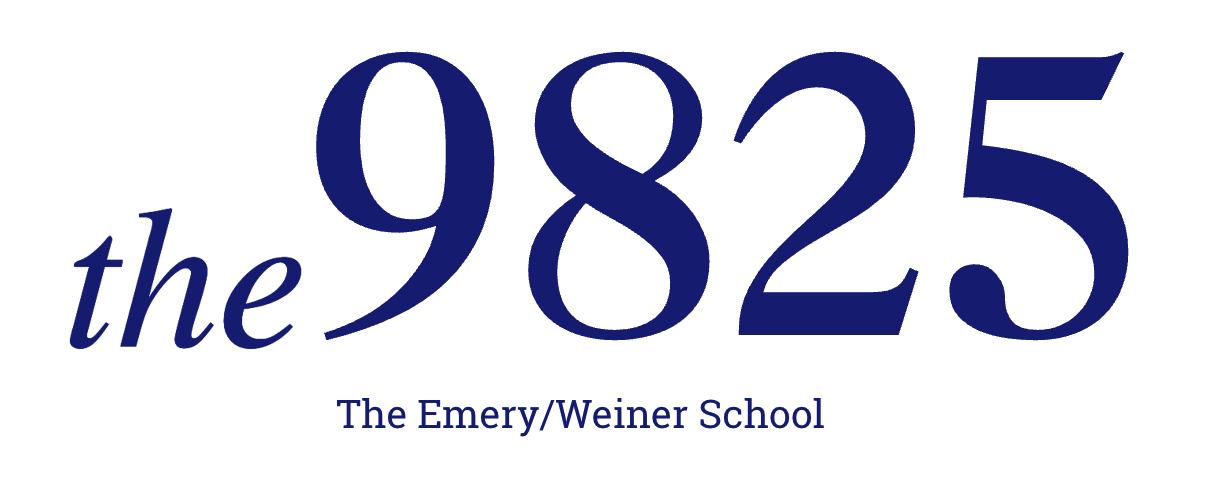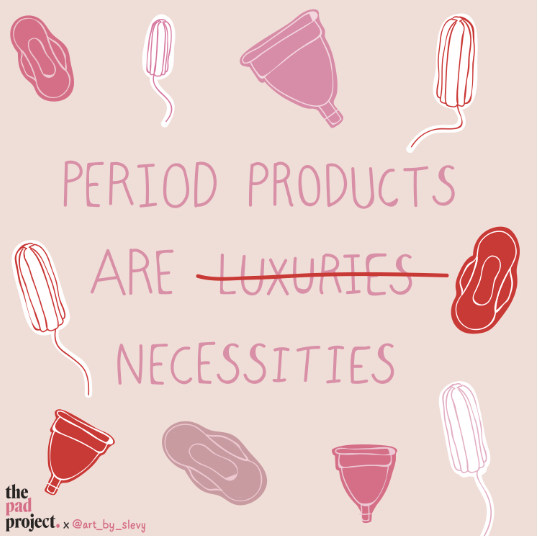I spend an hour wandering through the never-ending Target aisles on a hot Texas day in August of 2023. With my newfound self-restraint, I managed only to fill my basket with essential items. I then walk up to the self-checkout and start to ring them up: Advil $4.29, no tax, half a gallon of whole milk $1.59, no tax, one box of Cheerios $3.99, no tax, tampax: regular absorbency tampons $7.99, $0.49 tax.
Texas does not tax essential items such as medicines and clothes. However, luxury items such as makeup, popsicles, and gum are accompanied by a 6.25% sales tax. For a number of years in Texas, period products were taxed along with other luxury items, despite the fact that comparable items for men were exempt from taxes as they were considered a “necessity.” This unfair and sexist tax on menstrual products was deemed the “tampon tax,” and contributes to period poverty, as it makes these items more expensive, and therefore more inaccessible, to women across the nation.
However, on September 1, 2023, Texas Senate Bill 379 went into effect, removing the sales tax on menstrual items and allowing them to join the list of other “necessary goods.” Texas became the 24th state, along with the district of Colombia, to remove this needless tax on menstrual products. This movement to rid America of the tampon tax once and for all is the result of the strong belief that period products are not a luxury for anyone. Rather, they are a necessity for overall health, hygiene, and well-being.
Many who actively speak out against the tampon tax, are not only trying to save women 50 cents every time they purchase a box of tampons, but are utilizing the platform they gain to try and spread a broader message about the crisis of period poverty. This term describes the widespread lack of access to adequate period products and education and especially affects teenage girls. A survey commissioned by the Thinx and PERIOD menstrual hygiene companies displays that one in five teens have difficulty affording period products, and more than four in five students have either missed class time or know someone who has missed class time because they do not have access to period products. This crisis spreads beyond access to supplies, with 79 percent of teens feeling like they need a more in-depth education surrounding menstrual and reproductive health.
Both the lack of access to menstrual products and education likely stems from the fact that within this patriarchal society, discussions surrounding periods have not been normalized, and women are suffering as a result. If periods were not such a taboo topic, then more legislatures would recognize that they are a normal aspect of most women’s lives.
While Texas’ removal of the tampon tax represents that the United States strides towards normalizing periods and increasing access to menstrual products, these efforts are not nearly enough to solve the nationwide health crisis surrounding menstruation. Periods are simply a part of life, and until more Americans become mature enough to recognize this, women around the nation will still suffer from period poverty.







